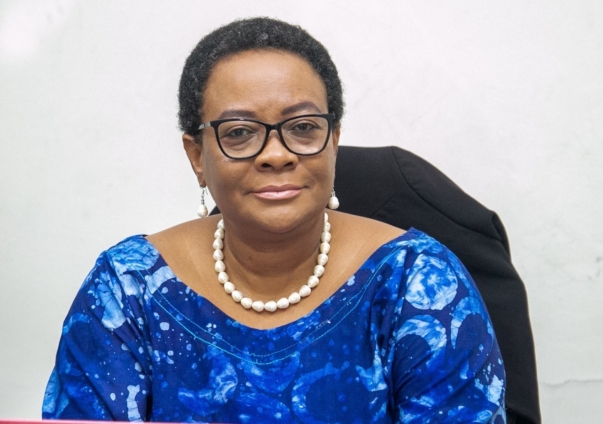The Executive Director of the Ghana Integrity Initiative (GII), Mary Awelana Addah, has called for measures to address the rising instances of single-sourcing procurement practices within the public service.
She emphasised that while single-sourcing is legal under specific conditions, its increasing use has raised concerns about public sector corruption.
Single-sourcing procurement involves the buying entity selecting a particular supplier without opening the process to competitive tender.
This method, though legal under certain circumstances, is often seen as a gateway for corrupt practices within the public sector.
Madam Addah highlighted that many stakeholders have linked the prevalence of corruption in the public sector to the frequent use of single-sourcing procurement.
She argued that relying on a single supplier without competition undermines transparency and accountability in the procurement process.
To combat this issue, the GII Executive Director recommended that public procurement should be subjected to a competitive tendering process.
She believes that this approach would help eliminate corruption by ensuring that all suppliers have an equal opportunity to bid for contracts, thereby promoting fairness and transparency.
Madam Addah's call for reform comes amidst growing concerns about the integrity of public procurement practices.
She stressed the need for stringent measures to ensure that public procurement processes are fair, transparent, and free from corruption, ultimately contributing to better governance and public trust.
“Out of the total procurement window, almost 85 per cent of it is done through a single source. And if it is a single source, it means there are a lot of compromises being reached."
“If people are buying school materials, textbooks, and the rest in the education sector, health items, and we are procuring them through single source procurement, while the IMF has recommended that we do a lot more of the competitive tendering, then it means we are compromising on the regime and that affects mostly the private sector.”
Latest Stories
-
I want to focus more on my education – Chidimma Adetshina quits pageantry
3 hours -
Priest replaced after Sabrina Carpenter shoots music video in his church
3 hours -
Duct-taped banana artwork sells for $6.2m in NYC
4 hours -
Arrest warrants issued for Netanyahu, Gallant and Hamas commander over alleged war crimes
4 hours -
Actors Jonathan Majors and Meagan Good are engaged
4 hours -
Expired rice saga: A ‘best before date’ can be extended – Food and Agriculture Engineer
4 hours -
Why I rejected Range Rover gift from a man – Tiwa Savage
4 hours -
KNUST Engineering College honours Telecel Ghana CEO at Alumni Excellence Awards
4 hours -
Postecoglou backs Bentancur appeal after ‘mistake’
5 hours -
#Manifesto debate: NDC to enact and pass National Climate Law – Prof Klutse
5 hours -
‘Everything a manager could wish for’ – Guardiola signs new deal
5 hours -
TEWU suspends strike after NLC directive, urges swift resolution of grievances
5 hours -
Netflix debuts Grain Media’s explosive film
6 hours -
‘Expired’ rice scandal: FDA is complicit; top officials must be fired – Ablakwa
6 hours -
#TheManifestoDebate: We’ll provide potable water, expand water distribution network – NDC
6 hours

